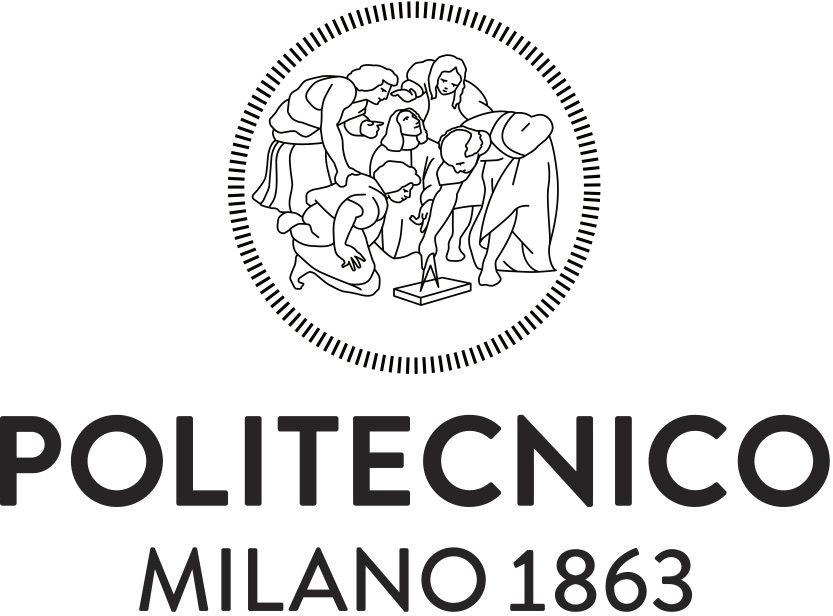Then you have a problem!
The problem is not that they are not able to collect from customers what they wanted. Sometimes they know very well, even too much. Sometimes they deliberately (and wisely) decide not to consider some requests. The price could be to live with the complaints of customers. All this is addressed very well in a recent post by Anthony Finkelstein on not asking users what they want (and I actually mimicked his title here). But this is another issue.
The problem with your analysts is they are not able to put into proper technical “words” (meaning models and specifications) what the customers informally ask for.
To cope with this, we try to teach people appropriate modeling languages, methods, formalisms, modeling tools and analysis tools. But these are all mere attempts to reduce the misunderstandings, implicitness, incoherency, and ambiguity in human-to-human communication.
And yet, addressing these problem is paramount in any large software project. From my point of view, it also opens up interesting research issues. That’s why, together with Irene Vanderfeesten and Dirk Fahland, from Eindhoven University of Technology, we decided to organize a new workshop this year, the:
That’s why, together with Irene Vanderfeesten and Dirk Fahland, from Eindhoven University of Technology, we decided to organize a new workshop this year, the:
The workshop will focus on model understandability, complexity of modeling languages, actual usage of language features, cognitive aspects in modeling languages, human perception and subjective perspectives on models, impact of professional roles and of cultural background on model understanding, and related issues. The workshop will be a multi-disciplinary forum for discussing about impact of models on understanding and communication between people.
To keep updated on my activities you can subscribe to the RSS feed of my blog or follow my twitter account (@MarcoBrambi).


